Stone River eLearning – Data Visualization with Python and Matplotlib
$99 Original price was: $99.$33Current price is: $33.
Shopping Instructions:
- DISCOUNT 15% : SHOP15
- Product Delivery: Within 1 – 12 hours after purchase.
With over 58 lectures and 6 hours of content, this course covers almost every major chart that Matplotlib is capable of providing.
Stone River eLearning – Data Visualization with Python and Matplotlib
More and more people are realising the vast benefits and uses of analysing big data. However, the majority of people lack the skills and the time needed to understand this data in its original form. That’s where data visualisation comes in; creating easy to read, simple to understand graphs, charts and other visual representations of data. Python 3 and Matplotlib are the most easily accessible and efficient to use programs to do just this.
Learn Big Data Python
Visualise multiple forms of 2D and 3D graphs; line graphs, scatter plots, bar charts, etc.
Load and organise data from various sources for visualisation
Create and customise live graphs
Add finesse and style to make your graphs visually appealling
Python Data Visualisation made Easy
With over 58 lectures and 6 hours of content, this course covers almost every major chart that Matplotlib is capable of providing. Intended for students who already have a basic understanding of Python, you’ll take a step-by-step approach to create line graphs, scatter plots, stack plots, pie charts, bar charts, 3D lines, 3D wire frames, 3D bar charts, 3D scatter plots, geographic maps, live updating graphs, and virtually anything else you can think of!
ing with basic functions like labels, titles, window buttons and legends, you’ll then move onto each of the most popular types of graph, covering how to import data from both a CSV and NumPy. You’ll then move on to more advanced features like customised spines, styles, annotations, averages and indicators, geographical plotting with Basemap and advanced wireframes.
This course has been specially designed for students who want to learn a variety of ways to visually display python data. On completion of this course, you will not only have gained a deep understanding of the options available for visualising data, but you’ll have the know-how to create well presented, visually appealing graphs too.
Tools Used
Python 3: Python is a general purpose programming language which a focus on readability and concise code, making it a great language for new coders to learn. Learning Python gives a solid foundation for learning more advanced coding languages, and allows for a wide variety of applications.
Matplotlib: Matplotlib is a plotting library that works with the Python programming language and its numerical mathematics extension ‘NumPy’. It allows the user to embed plots into applications using various general purpose toolkits (essentially, it’s what turns the data into the graph).
IDLE: IDLE is an Integrated Development Environment for Python; i.e where you turn the data into the graph. Although you can use any other IDE to do so, we recommend the use of IDLE for this particular course.
We guarantee that all our online courses will meet or exceed your expectations.If you are not 100% satisfied with a course – for any reason at all – simply request a full refund.
That’s our promise to you. We hate games, gimmicks and tricks as much as you do. We guarantee no hassles if you want a refund, so ahead and order with confidence. You have absolutely nothing to lose.
Well… according to me this guy is a “HERO” . I really appreciate the work he is doing and the way he is doing that is really incredible. Believe me you will never get any better tutorial on data visualization then this one. This tutorial is too completely worthy. According to me this guy deserve a “5 STAR” rating for this course and also for his open knowledge spreading efforts.
ER. Naresh Kumar Jaggi
Great investment of my time and money! This course has saved me so much time going through the documentation and figuring out by myself! Tons of examples, and energetic instructor with real application experience. I especially appreciated his detailed description of syntax differences between Python 2 and 3.
Paula Alves
Fast, funny and full of information.
Lana Samoilova
Course Curriculum
Get immediately download Stone River eLearning – Data Visualization with Python and Matplotlib
Course Introduction
Introduction (3:01)
Getting Matplotlib And Setting Up (5:46)
Different types of basic Matplotlib charts
Section Introduction (1:18)
Basic matplotlib graph (8:14)
Labels, titles and window buttons (8:41)
Legends (4:58)
Bar Charts (5:14)
Histograms (6:50)
Scatter Plots (6:50)
Stack Plots (8:42)
Pie Chart (7:12)
Loading data from a CSV (5:07)
Loading data with NumPy (4:52)
Section Conclusion (0:50)
Basic Customization Options
Section Introduction (1:17)
Source for our Data* (9:59)
Parsing stock prices from the internet* (9:17)
Plotting basic stock data* (6:10)
Modifying labels and adding a grid* (6:14)
Converting from unix time and adjusting subplots* (8:00)
Customizing ticks* (5:55)
Fills and Alpha* (6:49)
Add, remove, and customize spines* (8:07)
Candlestick OHLC charts* (9:47)
Styles with Matplotlib* (7:35)
Creating our own Style* (9:27)
Live Graphs* (8:51)
Adding and placing text* (6:12)
Annotating a specific plot* (8:34)
Dynamic annotation of last price* (8:22)
Section Conclusion (1:44)
Advanced Customization Options
Section Introduction (1:00)
Basic suplot additions* (8:31)
Subplot2grid * (8:05)
Incorporating changes to candlestick graph* (7:24)
Creating moving averages with our data* (10:01)
Adding a High minus Low indicator to graph* (5:33)
Customizing the dates that show* (10:18)
Label and Tick customizations* (7:52)
Share X axis* (7:20)
Multi Y axis* (10:06)
Customizing Legends* (9:41)
Section Conclusion (1:21)
Geographical Plotting with Basemap
Section Introduction (1:19)
Downloading and installing Basemap (6:22)
Basic basemap example (9:29)
Customizing the projection (9:01)
More customization, like colors, fills, and forms of boundaries (6:50)
Plotting Coordinates* (9:45)
Connecting Coordinates* (7:17)
Section Conclusion (0:58)
3D graphing
Section Introduction (1:25)
Basic 3D graph example using wire_frame (5:53)
3D scatter plots (5:18)
3D Bar Charts (7:16)
More advanced Wireframe example (5:04)
Section Conclusion (0:54)
Course Conclusion
Conclusion (3:05)
Get ed now!
Frequently Asked Questions
When does the course and finish?
The course s now and never ends! It is a completely self-paced online course – you decide when you and when you finish.
How long do I have access to the course?
How does lifetime access sound? After enrolling, you have unlimited access to this course for as long as you like – across any and all devices you own.
What if I am unhappy with the course?
We would never want you to be unhappy! If you are unsatisfied with your purchase, contact us in the first 30 days and we will give
Read more: https://archive.is/Z7Jzh
Be the first to review “Stone River eLearning – Data Visualization with Python and Matplotlib” Cancel reply
Related products
SEO & Design Website
SEO & Design Website
SEO & Design Website
SEO & Design Website
SEO & Design Website
SEO & Design Website
SEO & Design Website
Nick Eubanks & Matthew Barby & Ian Howells – Traffic Think Tank
SEO & Design Website



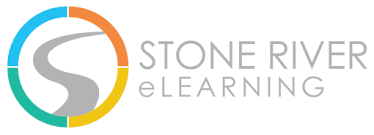

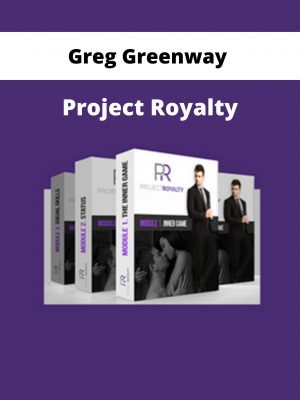
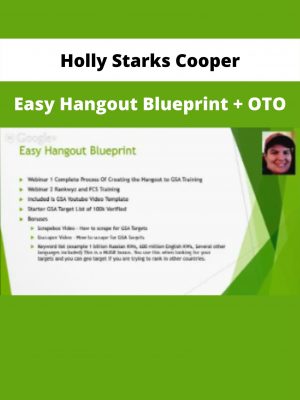
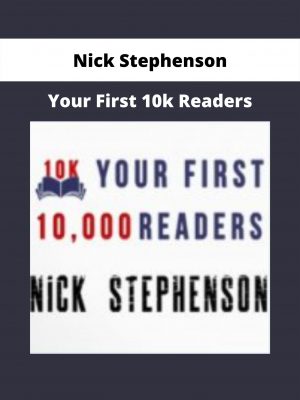
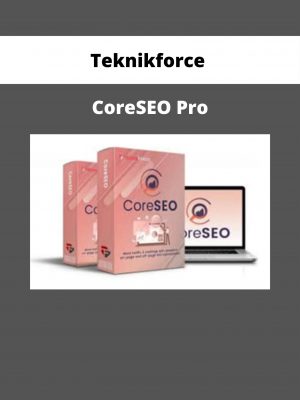

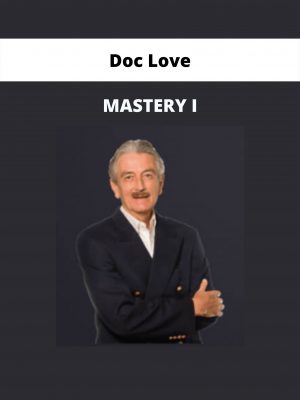
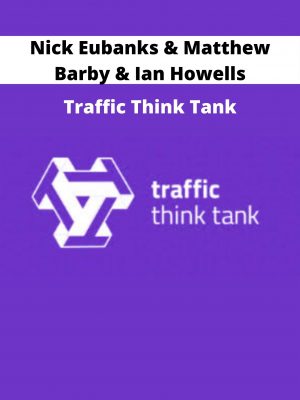

Reviews
There are no reviews yet.